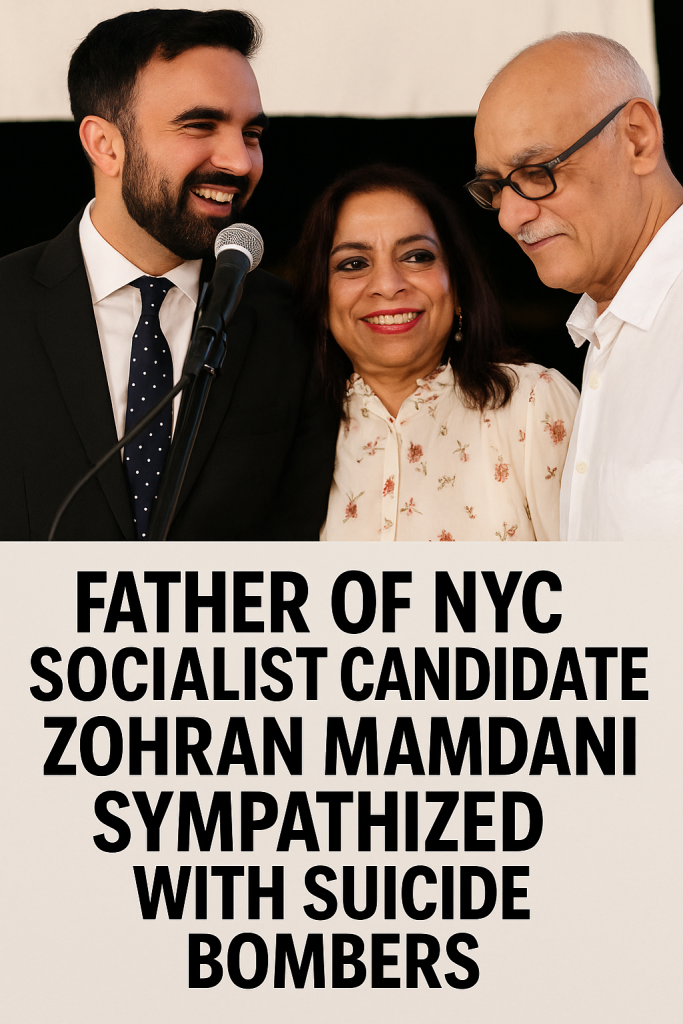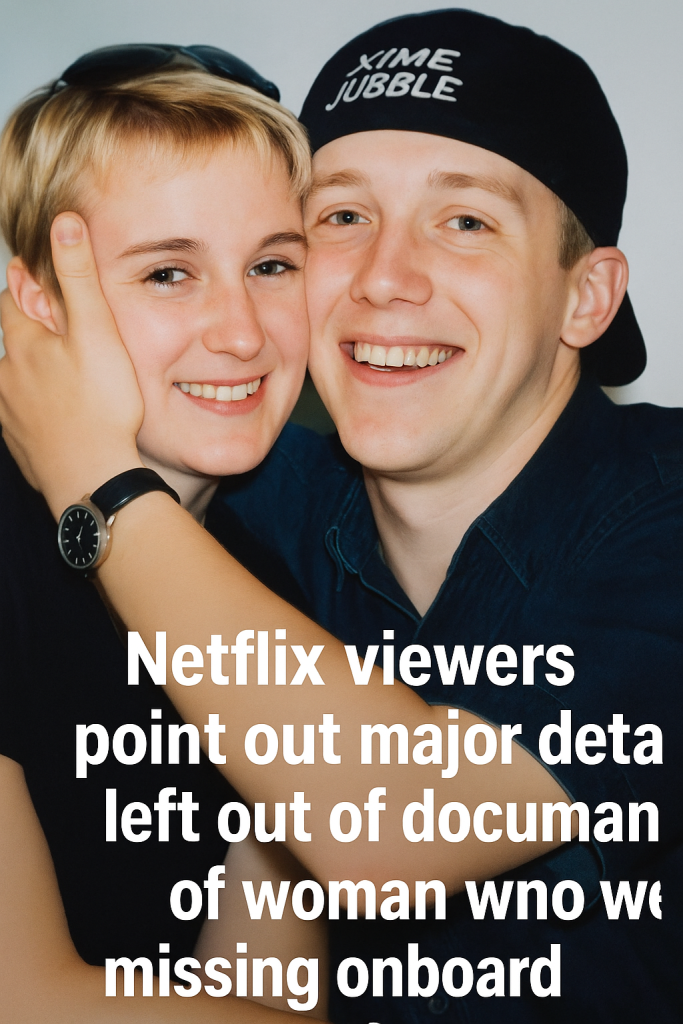New York City’s mayoral race has taken a controversial turn as the father of socialist candidate Zohran Mamdani faces renewed scrutiny over his past statements and political positions. The elder Mamdani, who serves on a local council known for its critical stance on Israeli policies, has reportedly expressed sympathy toward suicide bombers in the past, sparking a heated debate about the implications for the candidate himself.
Zohran Mamdani, a rising figure in New York politics and a vocal advocate for progressive and socialist policies, has been positioning himself as a champion for marginalized communities and social justice. However, attention has shifted to his family background amid ongoing tensions surrounding Middle East geopolitics in local political discourse.
The controversy centers on the political activities and statements made by Mamdani’s father while serving on a council with a reputation for its anti-Israel sentiment. Sources indicate that the elder Mamdani has publicly expressed views that appeared to show empathy towards individuals who have engaged in suicide bombings, a deeply polarizing issue especially within New York’s diverse and politically active Jewish and Muslim populations.
Critics argue that such sympathies are not only inflammatory but could also denote a broader ideological stance that conflicts with New York’s values of peace and coexistence. Supporters of Zohran Mamdani contend that the son’s political ambitions and platform should be evaluated independently from his father’s controversy, emphasizing that holding a family member accountable for personal views unfairly targets the candidate.
Experts familiar with the political dynamics explain that New York City’s elections often grapple with the interplay of local and international issues, particularly because the city is home to significant communities that are personally invested in both Israeli and Palestinian causes. In this context, any perceived alignment with controversial or extremist views — even indirectly — can severely affect a candidate’s credibility and voter appeal.
Zohran Mamdani has sought to clarify his own positions, affirming his commitment to a platform advocating for affordable housing, equitable education, and criminal justice reform, while navigating the complexities of the Middle East debate with careful diplomacy. To date, he has not publicly distanced himself from his father’s remarks but has emphasized his independent record and policy goals.
The unfolding situation highlights an important and ongoing conversation regarding the influence of family ties in political campaigns, especially when those ties involve contentious international issues. As the primary elections approach, campaign observers suggest this controversy could either hinder Mamdani’s momentum or galvanize grassroots support among voters who resonate with his broader progressive vision despite familial complications.
Meanwhile, residents and political analysts are watching closely as the debate raises broader questions about accountability, freedom of expression, and the role of personal beliefs within public service. The dialogue also sheds light on the challenges candidates face when trying to address polarizing foreign policy sentiments while staying focused on pressing local concerns.
As the NYC mayoral race intensifies, the spotlight on Zohran Mamdani’s family history underscores the unpredictable ways personal backgrounds intersect with public ambitions — shaping both voter perceptions and political trajectories in a city known for its diversity and passionate civic engagement.



